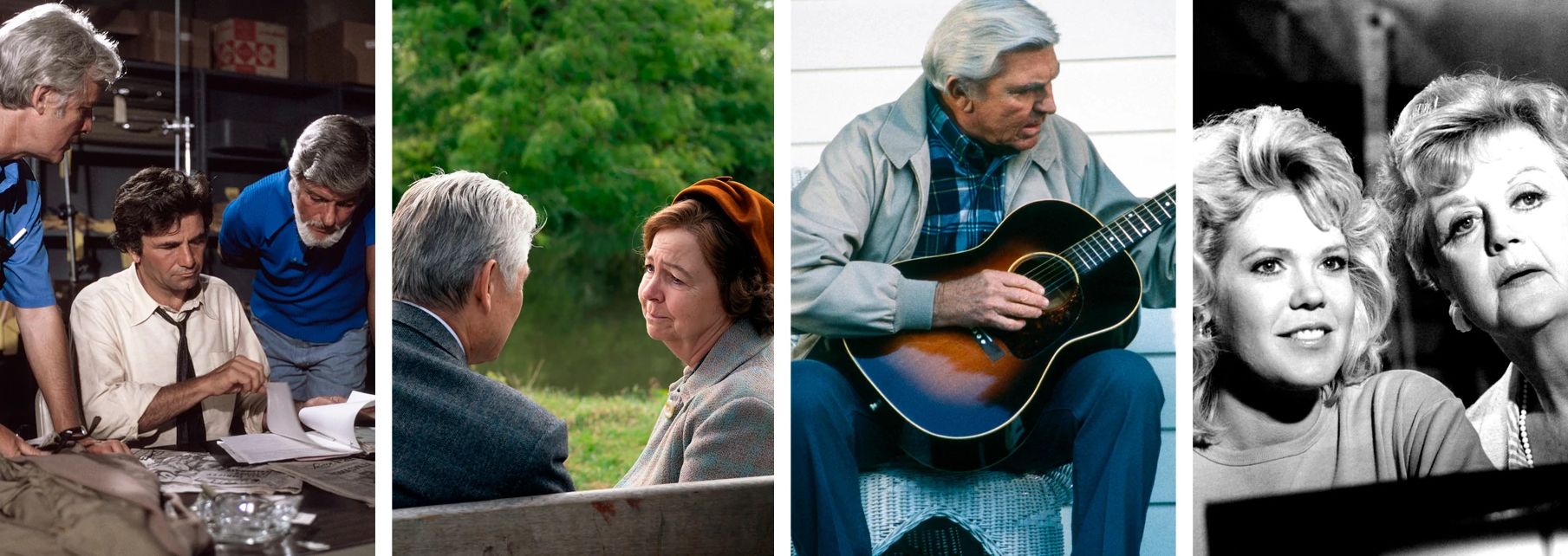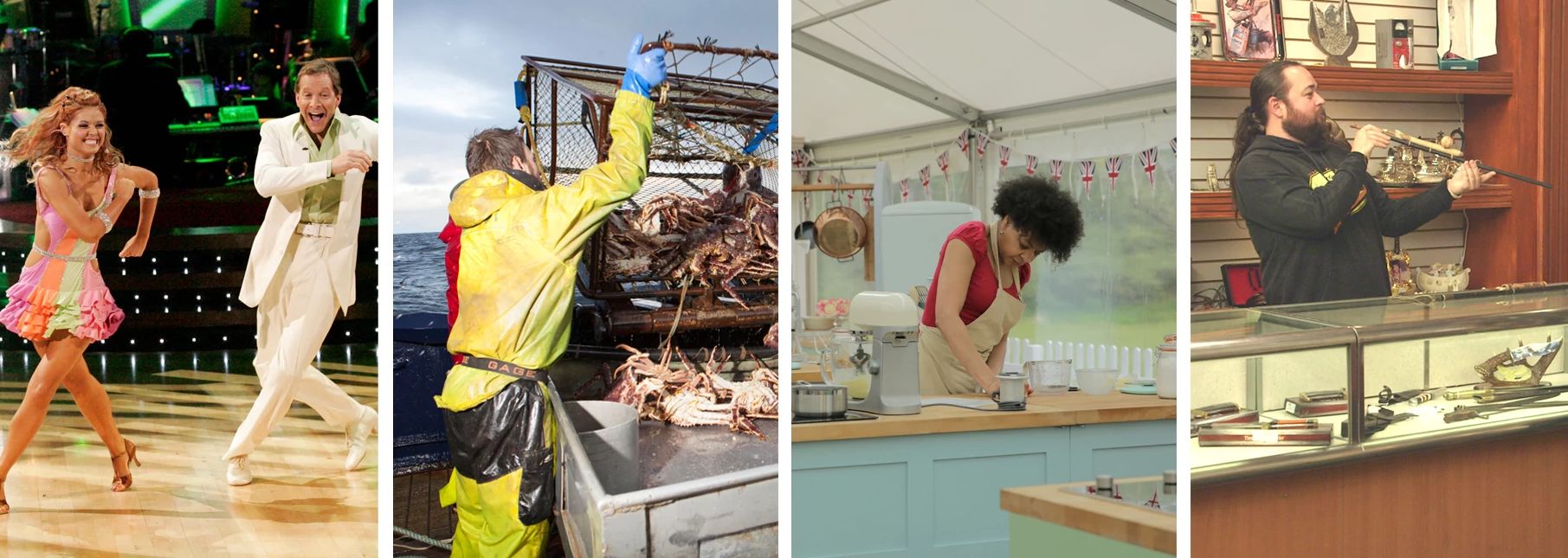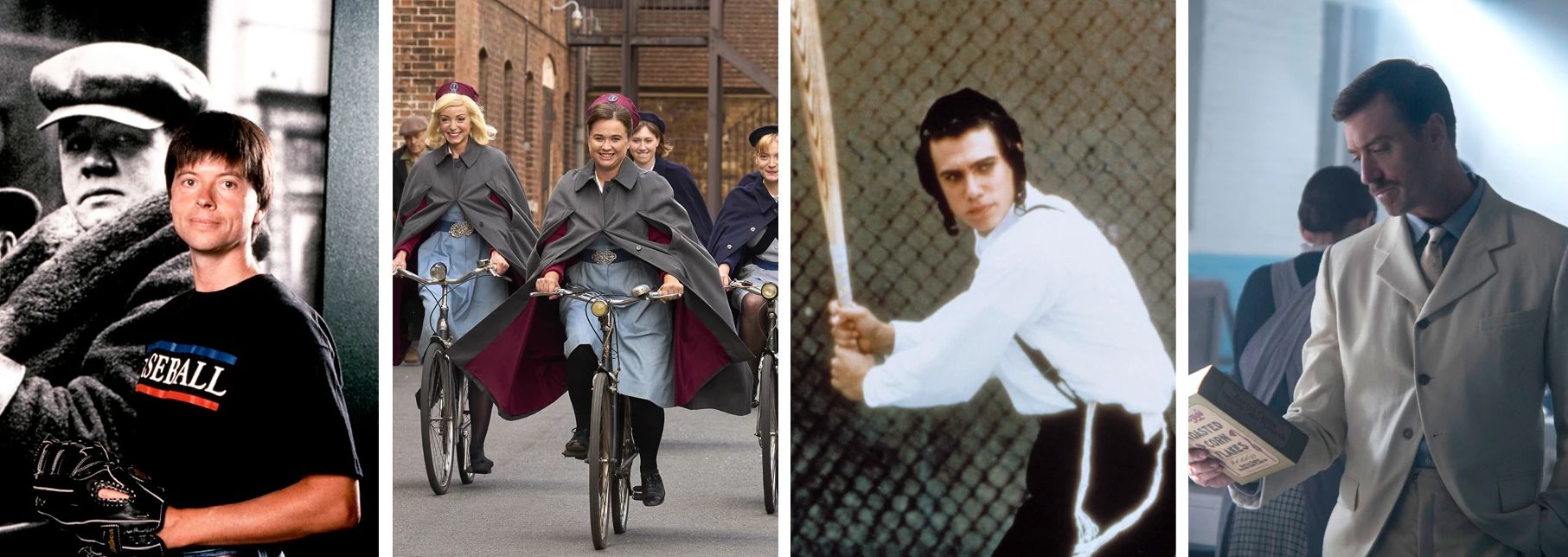AARP Hearing Center


We live in a world of way too much content on TV. For caregivers of older adults, especially those with early signs of dementia, the glut of options comes with an added challenge: finding shows that suit someone with diminishing cognitive abilities. Here are some things to consider before grabbing the remote.
Is TV a good activity at all?
First, it’s good to know if watching a TV screen is even a good idea. “When we’re working with people who have Alzheimer’s or other cognitive impairment, sometimes TV watching isn’t a great fit,” says Elizabeth Edgerly, a clinical psychologist and senior director of community programs and services for the Alzheimer’s Association. “It requires you to be focused for up to half an hour or longer.”
What types of shows work best?
Shows with self-contained stories will be easier for many older adults to digest than ones whose plots extend over multiple episodes. Experts also caution that how you watch can matter. Network TV and ad-based streamers like Tubi and Pluto have commercial interruptions that may make it harder for some seniors to follow an entire show.
Look for nostalgia and uplift
Nostalgia and uplifting content are the watchwords — especially shows that people enjoyed when they were younger, in their teens and 20s. “If they used to watch Andy Griffith, they may have some familiarity with the faces and cadence of the show, which can be helpful,” says Ashwin Kotwal, an assistant professor in the geriatrics division of the University of California, San Francisco. “Older shows also tend to have fewer quick cuts and are less stimulating” — which is a good thing for people who can get confused or agitated with too much new information. (Classic series like The Andy Griffith Show and Gunsmoke are both on regular rotation on cable’s TVLand.)
You can also try catering to lifelong interests and hobbies with music-oriented programs, cooking or gardening shows, or sporting events. Chicago retirees can rewatch the 2016 World Series (available on YouTube’s MLB Vault channel) to relive the Cubs winning the championship for the first time in a century. “Try to shoot for happy experiences,” Edgerly advises. “Maybe don’t play when your team loses.”
Keep trying until you find the right fit
It takes trial and error, as well as patience, to become a successful TV matchmaker; a person who rejects a program one day may be completely absorbed on another day. You might test the waters with a short YouTube clip — of pandas sneezing or cats riding Roombas. (Vision, hearing and attention span may all be inhibiting factors.)
Moderation is key
Setting limits on TV watching can be just as important as it is for young children. “There aren’t strict rules on screen time for older adults,” Kotwal says, “but we want to avoid situations where people are couch potatoes all day and miss out on physical activity.” But when the elements come together, TV time can nurture human bonds. “If you can build it into a routine that encourages shared interactions with friends and family,” he adds, “that can be really helpful.”
Our picks of shows to try
Here are some streamable TV shows, most with a nostalgic or feel-good vibe, to consider trying with your loved ones. Online guides like JustWatch can help you find particular shows, which can be hard to track down given the glut of competing streaming services.
Family sagas


Dr. Quinn Medicine Woman (1993-98, six seasons)
Jane Seymour plays a pioneering doctor in the frontier town of Colorado Springs just after the Civil War in this family-friendly one-hour Western.
Watch it: You can stream on Pluto, Freevee and other streamers.
Eight Is Enough (1977-81, five seasons)
Dick Van Patten played a newspaper columnist with a large brood of eight rambunctious kids in this beloved series.
Watch: You can stream on Roku or Tubi.
Heartland (2007-present, 17 seasons)
Sisters Amy and Lou Fleming run the family ranch in this sprawling saga that has been a mainstay of Canadian TV for nearly two decades.
Watch: You can stream on Netflix, Roku, Freevee and other streamers.
Little House on the Prairie (1974-83, nine seasons)
This beloved family saga, loosely based on the novels by Laura Ingalls Wilder, follows a Minnesota farming family in the late 19th century.
Watch: You can stream on Prime, Peacock and Prime.
The Waltons (1972-81, nine seasons)
This beloved series followed a Depression-era Virginia family with seven kids, seen mostly through the eyes of eldest son, John-Boy (Richard Thomas).
Watch: You can stream on Freevee.
Crime/mystery shows


Columbo (1971-2003, 16 seasons)
Columbo broke the mold for detective shows, revealing whodunit in the very first scene and then following Peter Falk’s rumpled cop digging up clues and needling suspects with just one more question until he cracks the case.
Watch: You can stream on Tubi and other services.
Grantchester (2014-present, nine seasons)
The Brits have their own spin on the unlikely detective: a vicar in a small village in the 1950s, who teams with the gruff local police inspector to solve crimes.
Watch: You can stream on PBS.org.




















































































More From AARP
Dementia Caregiver's Guide: Tips for Unique Challenges
The latest research on dementia, plus tips for caregivers to keep your loved ones safe
What It’s Like to Suffer Several Strokes
I had seven strokes in one year — and am here to write about itCare Tips to Keep Dementia Patients Safe at Home
Follow these tips to ensure the safety of your loved ones with dementia and Alzheimer’sRecommended for You